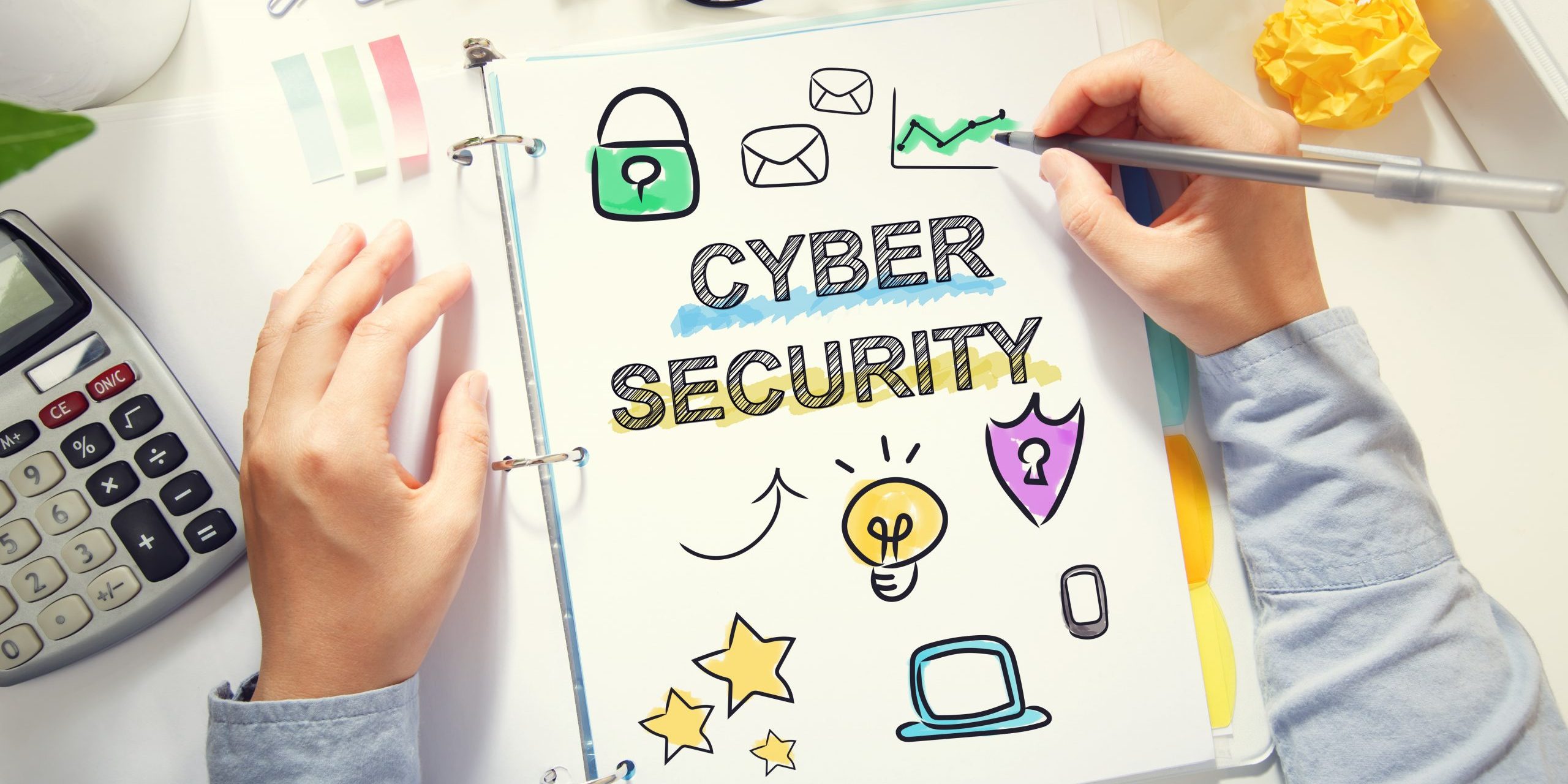Introduction
Cybersecurity has been a hot topic for years, but it’s always been a kind of abstract threat. Our smartphones weren’t designed with security in mind; they were designed to be easy to use and carry around with us all day. As technology becomes more and more integrated into our lives, it’s important that we all take steps to protect ourselves from cyberattacks like phishing scams or ransomware attacks.
In this article, I’ll discuss why small businesses should invest in cybersecurity technology and training for both their employees and themselves regardless of whether they’ve ever experienced an incident personally.
Cybercrime is on the Rise
Cybercrime is increasing at a rapid pace. The FBI has reported that in 2017, there were nearly 1.4 million victims of cybercrime in the US and UK alone. And this problem isn’t going away—it’s only getting worse as more devices are connected to the Internet and attackers find new ways to exploit them for financial gain or other nefarious purposes.
In addition to directly affecting businesses, cyberattacks can have indirect effects on businesses as well: consumer confidence can drop because of news reports about attacks on retailers, disruption of supply chains can lead to shortages or higher prices for consumers at retail outlets, etc.—you get the idea!
As cyberattacks become more common and sophisticated, businesses will need to take steps now to protect themselves. This could involve creating a data breach response plan that outlines what happens when an attack occurs—for example, how does management notify customers about the situation? Should employees be told not to talk about this on social media? What steps should management take immediately after a breach has been confirmed? These questions should all be answered ahead of time so there’s no panic or confusion later.
Hackers are targeting small businesses.
Small businesses are often targeted because they are less likely to have the resources to defend themselves.
A small business may not have an IT department, or a dedicated security team. This means that there’s no one on hand to monitor for suspicious activity or keep up with the latest vulnerabilities and patches. Small businesses also frequently lack information security policies or adequate oversight by management. In these scenarios, hackers can gain access easily without much resistance.
Fortunately, there are ways you can make yourself less of a target:
- Implement a strong password policy and use multi-factor authentication wherever possible. Use a VPN when connecting to public wireless networks such as those at coffee shops or airports.
- Recognize phishing attempts and don’t click on links or open attachments in emails from unknown senders. Install updates and patches for software as soon as they become available.
- Install anti-virus software and keep it up to date. Train employees on the basics of cybersecurity and do periodic audits to ensure the policies are being followed.
This is a good start, but it’s not all you need to know. The best way to protect your business from hackers is by hiring a cybersecurity expert who knows how to prevent attacks before they happen.
Many businesses aren’t keeping their employees up to date on cybersecurity training and education.
As a business owner, you want to ensure that your employees are protected from cyber threats. But according to the Ponemon Institute, many businesses aren’t keeping their employees up to date on cybersecurity training and education.
It’s important for your company’s security that you provide regular cybersecurity training for your staff members. This can include:
- Employee awareness programs
- Regular security checks
- Training sessions regarding new trends in cybersecurity (for example, phishing scams or new types of malware)
Employees can help protect themselves by: Staying up to date on new cyber threats Learning how to identify phishing emails and other types of scams Avoiding public Wi-Fi networks, which are often unsecured and easy targets for hackers Using strong passwords (including uppercase letters, lowercase letters, numbers, and special characters) that are changed frequently Asking you or your IT department if they have any questions about cybersecurity policies.
Many workers aren’t practicing good cybersecurity themselves outside of their jobs.
While it is important to be aware of the dangers of phishing and ransomware, it’s also important to practice good cybersecurity yourself.
- Don’t click on links in emails.
- Don’t open attachments in emails.
- Don’t visit websites that are suspicious, even if they look like Facebook or other trusted sites.
- Don’t give out personal information on social media or via text message (this includes your address, phone number, credit card number, etc.). If you have a business email account for work purposes only and you want to share your personal information with someone via email, activate two-step authentication so no one can access your account without knowing the code (unless they manage it). This will also help protect against phishing scams targeting your company’s employees as well as potential attacks from hackers looking for passwords and user IDs!
While cyberattacks may be increasing in frequency and intensity, there’s a lot you can do to protect your personal information, your business and your devices. Investing in cybersecurity technology and training for both yourself and your employees is an investment in the health of your business now and in the future.
Conclusion
If you’re looking to improve your cybersecurity practices, we’ve got a few recommendations. First and foremost, make sure all of your employees are aware of the risks associated with cybercrime. Doing this will help keep them more diligent about practicing good security on their devices and networks at home as well as at work. It’s also important for each person involved in running the business – from top-level decision makers down to key employees – to be educated about what types of attacks exist so they know how best to protect themselves from them.
Finally, don’t forget about yourself! Many people overlook their own personal information when it comes time for companywide training sessions or updates on new threats; however, having knowledge about how hackers operate can go a long way towards keeping yourself safe from any potential attacks against your personal data.
For more information on best practices and cybersecurity protection, contact your local experts here.
Fill Out the Form Below to Claim Your Copy of:
“The 7 Most Critical IT Security Protections”









